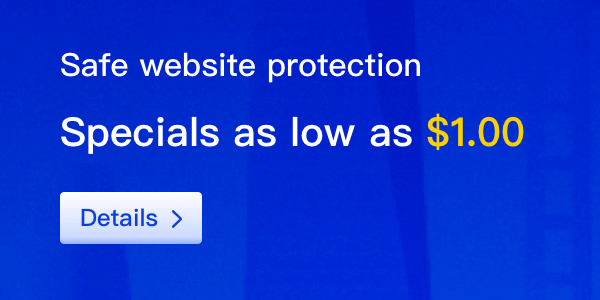WHOIS records provide valuable information about domain names and their registrants. They serve as a public database that stores details such as the domain owner's contact information, registration date, and expiration date. While WHOIS records offer insights into the ownership and history of a domain, it is important to acknowledge their limitations and consider their potential.

Limitations of WHOIS Records
One limitation of WHOIS records is the accuracy of the information provided. Registrants are responsible for updating their contact details, but sometimes these records may contain outdated or incorrect information. This can pose challenges when attempting to reach out to domain owners or investigate potential cases of abuse or infringement. Another limitation is the availability of privacy or proxy services. Some domain owners choose to protect their personal information by using privacy or proxy services. These services replace the registrant's contact details with generic information, making it difficult to identify the actual owner of a domain. While privacy is important, it can hinder the ability to establish meaningful connections or address concerns related to a domain's ownership.
The Potential of WHOIS Records
Despite these limitations, WHOIS records still hold potential for various purposes. Researchers and cybersecurity professionals can leverage WHOIS records to identify patterns and trends in domain registrations, detect malicious activities, and track the evolution of online threats. Law enforcement agencies can also rely on WHOIS records to investigate cybercrimes, gather evidence, and identify individuals involved in illegal activities. Moreover, WHOIS records play a crucial role in intellectual property protection. Trademark owners can monitor WHOIS records to identify potential infringements and take appropriate legal actions. The information provided in WHOIS records can serve as evidence in trademark disputes and help establish the rights of trademark holders.
Improving WHOIS Records
To unlock the full potential of WHOIS records, it is important to address the limitations and improve the accuracy and accessibility of the information. Collaborative efforts between domain registrars, registries, and relevant authorities are necessary to ensure the reliability of WHOIS records. Implementing verification processes and encouraging registrants to update their information regularly can enhance the accuracy of the records.
Conclusion
In conclusion, WHOIS records provide valuable insights into domain ownership and history. While they have limitations, such as inaccurate or obscured information, they still offer potential for research, cybersecurity, law enforcement, and intellectual property protection. By acknowledging these limitations and working towards improving the accuracy and accessibility of WHOIS records, we can fully harness their power and make informed decisions in the digital landscape.






















